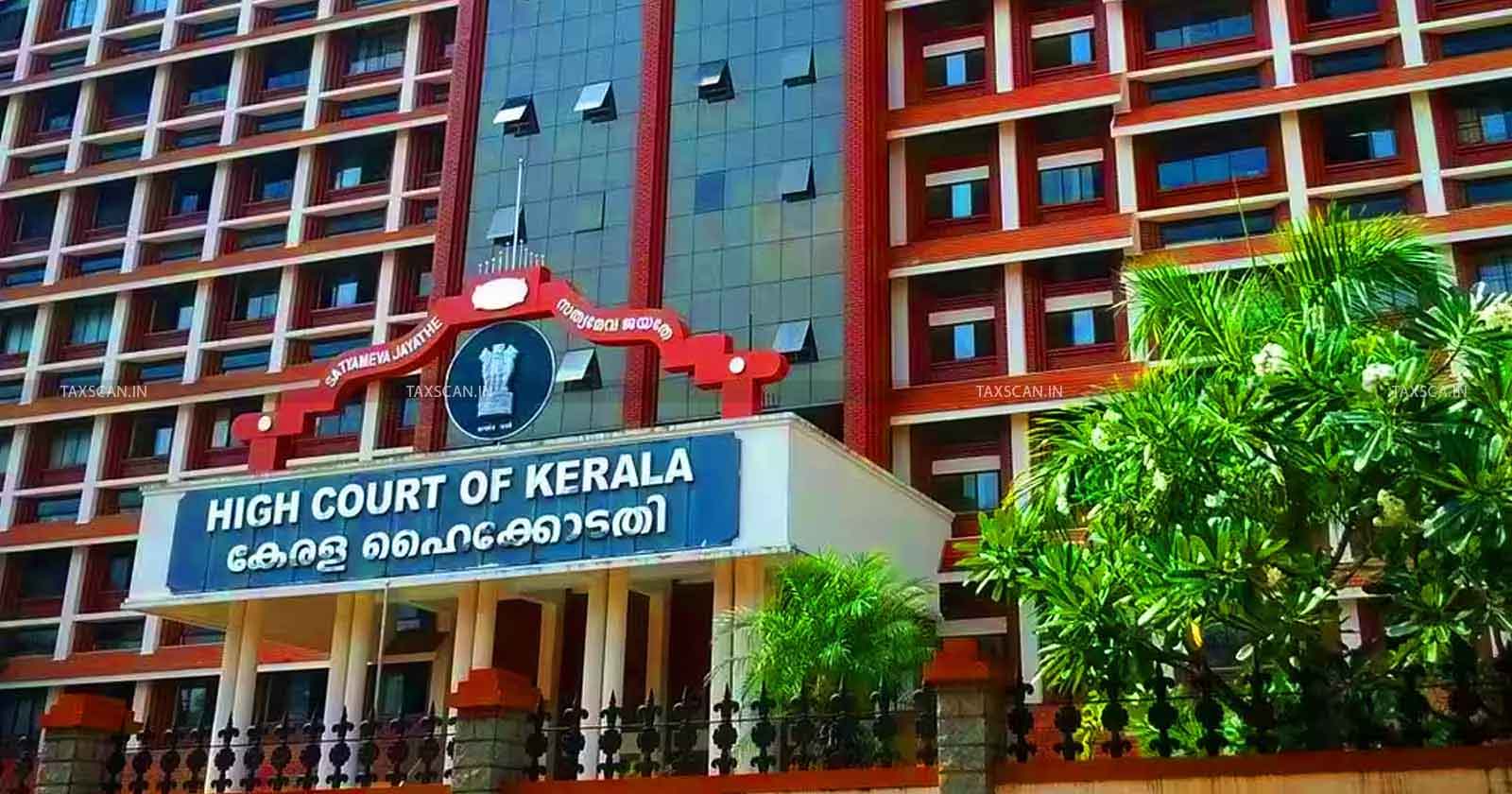Non-Filing of Part-B of E-Way Bill for Job Work Movement a Technical Lapse When Part-A Was Produced: Gujarat HC Reduces Penalty [Read Order]
Gujarat HC held that non-filing of Part-B of an E-Way Bill for job work movement is only a technical lapse when Part-A is produced, and reduced the 200% penalty to Rs. 25,000.
![Non-Filing of Part-B of E-Way Bill for Job Work Movement a Technical Lapse When Part-A Was Produced: Gujarat HC Reduces Penalty [Read Order] Non-Filing of Part-B of E-Way Bill for Job Work Movement a Technical Lapse When Part-A Was Produced: Gujarat HC Reduces Penalty [Read Order]](https://images.taxscan.in/h-upload/2025/08/18/2078049-e-way-bill-taxscan.webp)
In a recent ruling, the Gujarat High Court held that non-filing of Part-B of the E-Way Bill for goods moved for job work is a technical lapse when Part-A is produced, and such omission does not amount to tax evasion. The court reduced the penalty from 200% of tax to a nominal amount of Rs. 25,000.
Boron Rubbers India, the petitioner, sent goods to a job worker in Maharashtra in August 2018 under a delivery challan with a valid E-Way Bill Part-A and a lorry receipt but Part-B of the E-Way Bill was not generated. The goods were intercepted and detained by State Tax officers, who demanded tax and penalty under Section 129 of the GST Act.
 Also Read: Taxpayer Entitled to Interest on Refund Under DTVSV Act Despite Section 7 Bar: Kerala HC [Read Order]
Also Read: Taxpayer Entitled to Interest on Refund Under DTVSV Act Despite Section 7 Bar: Kerala HC [Read Order]
To secure release of the goods, the petitioner paid Rs. 7,36,490. The adjudicating authority, without waiting for the hearing fixed for 14 August 2018, passed an order on 13 August 2018 confirming a penalty of 200% of tax, treating the lapse as an admission of evasion.
The petitioner’s appeal before the Deputy Commissioner was dismissed, with the authority holding that non-filing of Part-B was a serious contravention indicating intent to evade tax.
The petitioner’s counsel argued before the High Court that the goods were sent under Section 143 for job work and not for supply, and that there was no tax liability. He argued that non-filing of Part-B was a clerical mistake and not intentional evasion, and that the payment was made under compulsion for release of goods.
The counsel relied on CBIC Circular No. 64/38/2018, which explained that in cases of clerical mistakes, only a nominal penalty under Section 125 should be imposed.
 Also Read:Person Found Guilty Under FEMA Cannot Seek Compounding After Adjudication: Calcutta HC Upholds RBI’s Rejection [Read Order]
Also Read:Person Found Guilty Under FEMA Cannot Seek Compounding After Adjudication: Calcutta HC Upholds RBI’s Rejection [Read Order]
The revenue’s counsel argued that Rule 138 of the CGST Rules required complete generation of the E-Way Bill, both Part-A and Part-B. They submitted that failure to do so was a breach attracting Section 129(1)(a), and that penalty under this provision was mandatory.
The Division Bench comprising Justice Bhargav D. Karia and Justice D.N. Ray observed that the goods were accompanied by a delivery challan and E-Way Bill Part-A, and that the lapse was only the non-generation of Part-B.
The court pointed out that the order was passed a day before the date fixed for hearing, which was contrary to natural justice. It was observed that there was no intention to evade tax, as the goods were supported by valid documents and the movement was for job work.
The court explained that the lapse was technical in nature, and that authorities ought to have applied the CBIC circular clarifying that clerical errors attract only a nominal penalty.
The court held that the penalty imposed under Section 129(1)(a) was unsustainable. It reduced the penalty to Rs. 25,000 and directed that the balance amount be refunded to the petitioner by crediting it into the electronic cash or credit ledger. The writ petition was partly allowed to that extent.
Support our journalism by subscribing to Taxscan premium. Follow us on Telegram for quick updates


